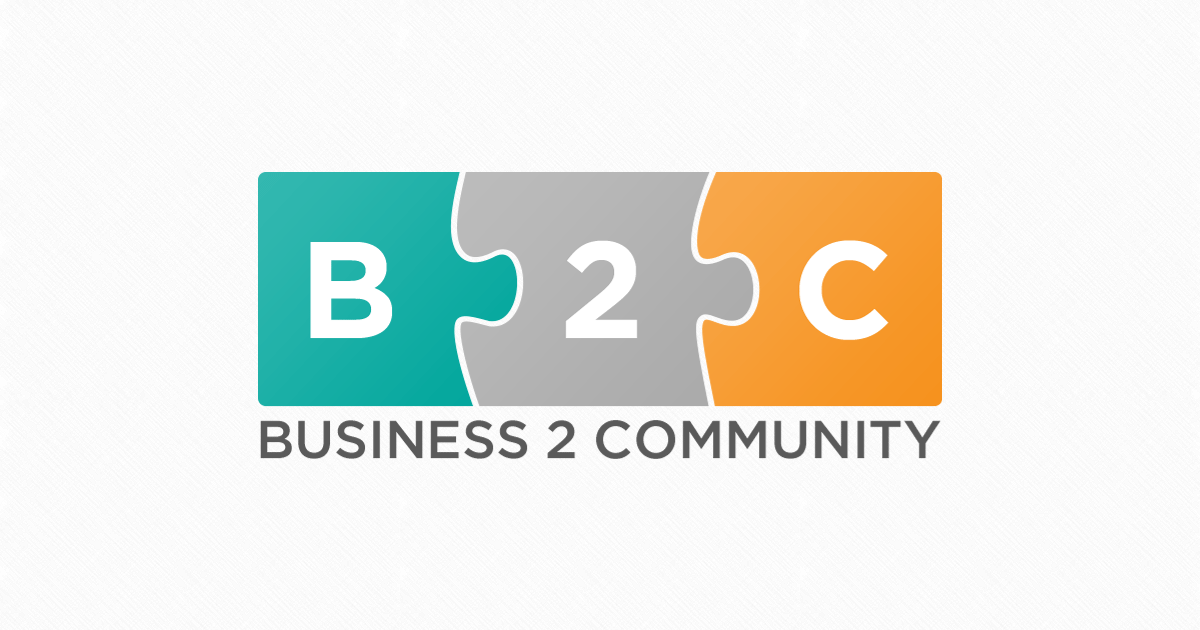There’s nothing worse than relying on emails, phone calls, and hope when it comes to delivering work and getting paid as a freelancer. Not only does this spike anxiety (a key pitfall for freelancers ), it also creates potential legal and client service issues. When you close a new client and are working on your freelance contract, make sure you do it right. The fundamental use of a contract is to explain what each party owes to the other. In a freelance relationship, it’s usually one-way – you provide work and the client pays. In the contract, you cover the little details that help if the client gets mad, if you’re treated poorly, or if other circumstances arise outside of the ideal outcome. A freelance contract also doesn’t have to be fancy. While it’s usually preferred to have them written by a lawyer, you can write a simple memorandum of understanding (MOU) that explains in plain language what you will do and how much the client will pay (for visualization’s sake, think about MOUs like a very descriptive line-item invoice). Based on The 50 Laws of Freelancing , here are the 9 clauses you need to include in your freelance contracts. As a reminder: these are for advice purposes only. You should always get legal advice from a competent legal professional based on your unique circumstances. 1 – What you will do for the client This clause may seem simple, but a lot of freelancers rely on email communication to identify who is doing what. If that’s your style, no worries. The trick is simply to copy and paste what you agreed to in email, into your contract. No matter what, this clause to be specific. You can choose how granular you want to get, but at the very least it needs to include the deliverables that the client will pay for. Some other things you might include under the “what you will do” category: a specific number of hours you will put in, notes on quality levels, notes on anything you will explicitly not do, or any special arrangements you agreed to. If you are being paid for a specific set of inputs (and not just a deliverable), make sure each input is also listed. 2 – What the client will pay Another thing that seems simple, but is often left vague. The contract needs to include two pieces of information about payment. First, it has to indicate the total cost of the package – the dollar value that will get charged. Second, you should include an itemized list if you are delivering multiple items. This pricing should line up perfectly to each item in the “what you will do” category of the contract. Similar to identifying the scope of work, you can copy-paste the details from an email. The reason you should include it in a contract is so that the client signs their name to agreeing. While a written record like an email is helpful, having […]
Click here to view original web page at www.business2community.com




